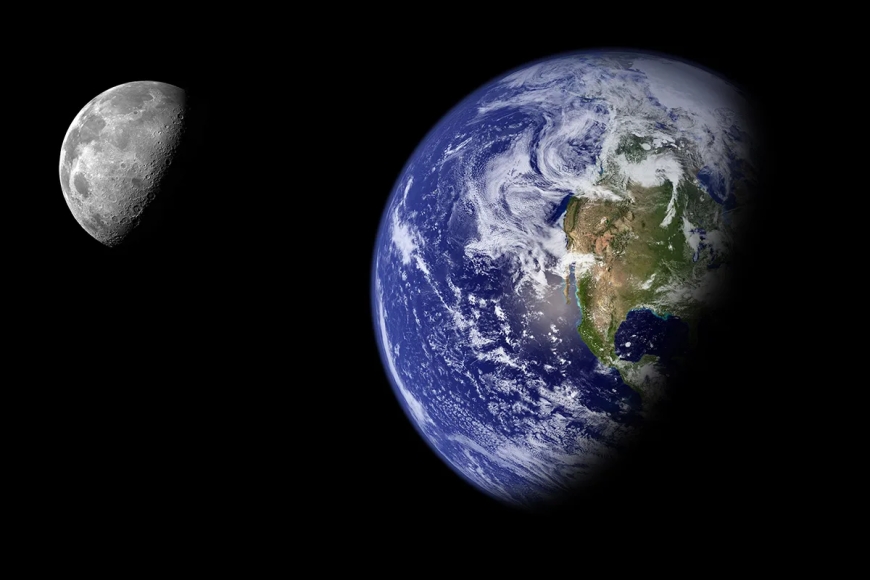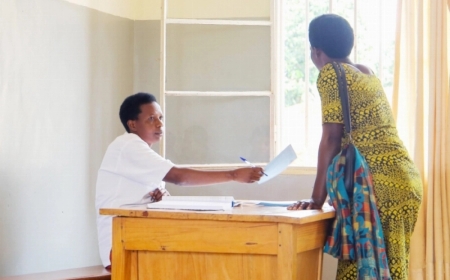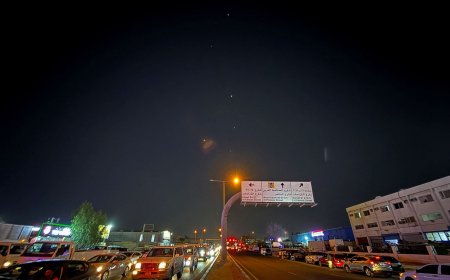Today is the shortest day in our planet's history. Earth's spin is speeding up and it's all the Moon's fault

Today marks an extraordinary moment in our planet's history, according to scientists and timekeepers. It's the shortest day ever recorded since the advent of atomic timekeeping.
Global timekeeping agencies, including the International Earth Rotation and Reference Systems Service, say that on 9 July 2025, Earth will have completed one full rotation approximately 1.3–1.6 milliseconds faster than the standard 24 hours, or roughly 86,400 seconds, setting a new record.
Why is Earth spinning faster?
While we like to think of the length of a day – the time it takes for Earth to rotate once on its axis – to be unchanging, the rotation of the Earth can be irregular.
One day can be a millisecond, or even just a fraction of a millisecond, shorter or longer than the average length of a day.
Scientists point to the Moon’s orbital dynamics subtly accelerating Earth’s spin.
The Moon's gravitational 'tug' as it orbits our planet effectively speeds up its rotation ever so slightly: enough to shave off a millisecond.
And this isn’t an isolated anomaly. Further subtly shorter days are predicted on 9 July, 22 July and 5 August 2025.
And researchers have tracked a surprising increase in fast rotations since 2020.
Why it matters
Millisecond deviations may be imperceptible in daily life, but they’re crucial for atomic clocks, GPS systems, satellite navigation and telecommunications.
These require extreme precision. And so to keep everything 'ticking along', as it were, the concept of 'leap seconds' was introduced in 1972, whereby an extra second is added to enable UTC to keep up with the actual speed of Earth's rotation.
This is much the same as leap years, during which February has 29 days, not 28.
According to the US National Institute of Standards and technology, leap seconds always occur at the end of December or the end of June, on the last second of the UTC day.
This sees the time go from 23:59:59 to 23:59:60 and then 00:00:00 on the following day, effectively adding an extra 'leap second'.
27 leap seconds have been added since 1972, the most recent one occurring on December 31, 2016.
However, scientists say they've noticed Earth’s rotation speeding up slightly since 2020. The fastest day recorded so far was on 5 July 2024, which was 1.66 milliseconds quicker than average.
And if it stays like this, scientists say in order to keep Coordinated Universal Time (UTC) aligned with Earth's rotation, we may need to implement a 'negative leap second', subtracting a second for the first time in history, likely around 2029.




























































